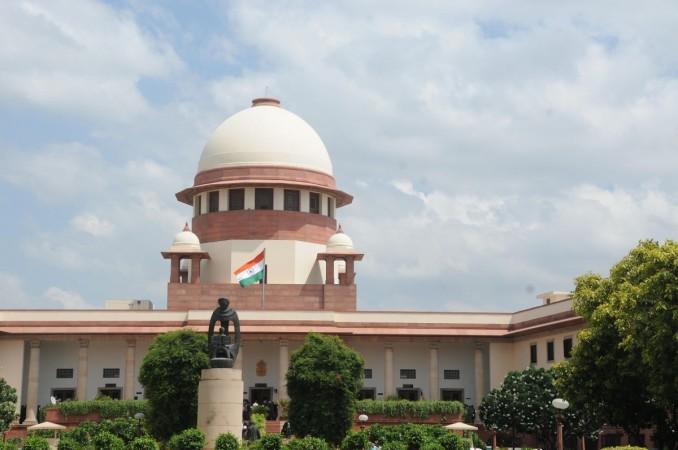
Does India guarantee its citizens a Right to Privacy? It is now for a nine-judge bench of the Supreme Court — led by Chief Justice of India J S Khehar — to decide upon, when it starts hearing a case on Aadhaar, the Unique Identity (UID) that many consider a form of the Social Security Number that the United States makes use of.
The case has assumed importance in light of the Central government making Aadhaar mandatory for many government services and schemes.
One of the most important of these is income tax returns, for which the last date of filing is July 31 this year. Others include Aadhaar being made mandatory for SIM cards for mobile phones, with planning underway to make it a must for train and flight tickets.
It is under these circumstances that some petitioners have expressed their concern to the Supreme Court that acquisition of biometrics by the Unique Identification Authority of India (UIDAI) for generation of Aadhaar numbers and cards is an invasion of privacy.
Human rights in India
The Indian Constitution guarantees each citizen at least six fundamental rights: Right to Equality, Right to Freedom, Right against Exploitation, Right to Freedom of Religion, Cultural and Educational Rights, and Right to Constitutional Remedies.
Of these, a new addition is the more consolidated Right to Education, which guarantees that children from all strata of society go to school, irrespective of whether they or their parents can pay for it.
The debate on the Right to Privacy has cropped up only recently, with the advent of computers, the Internet and personal data coming up online. And that fear has only grown after Aadhaar data has become associated with private companies, who have then gone on to suffer data breaches.
What has people even more worried is that Aadhaar requires the submission of biometric details of people. In the wrong hands, these could be manipulated to a frightening degree.
![In picture: The fingerprints of an individual are being recorded for Aadhaar enrolment. [Representational image] Aadhaar](https://data1.ibtimes.co.in/en/full/655485/aadhaar.jpg?h=450&l=50&t=40)
Going by precedent
Precedent, however, does not side with the privacy crusaders, with the apex court having ruled at least twice that privacy is not a fundamental right in India.
In the first instance, a Supreme Court Bench led by then Chief Justice M C Mahajan had in 1954 ruled that the Constitution of India does not recognise the Right to Privacy as a fundamental right because the makers of the Constitution did not lean towards it.
"When the Constitution makers have thought fit not to subject such regulation to constitutional limitations by recognition of the fundamental right to privacy, analogous to the American Fourth Amendment, there is no justification for importing into it, a totally different fundamental right by some process of strained construction," the bench had observed in the case of M P Sharma And Others vs Satish Chandra.
However, the privacy crusaders can take heart from another verdict by the Supreme Court in 1962 where a bench ruled against the UP Police which had surveilled a dacoit named Kharak Singh, in what the court found was a breach of privacy.

















